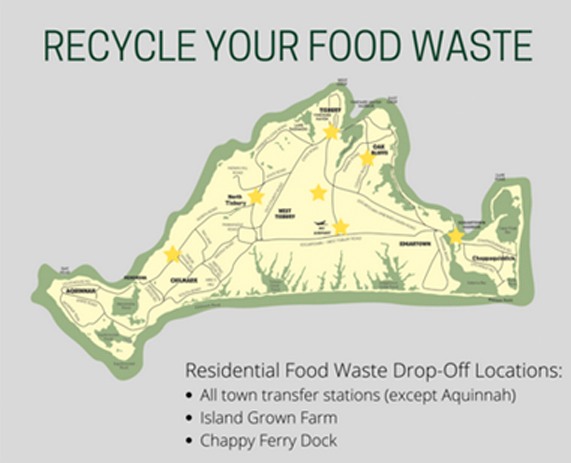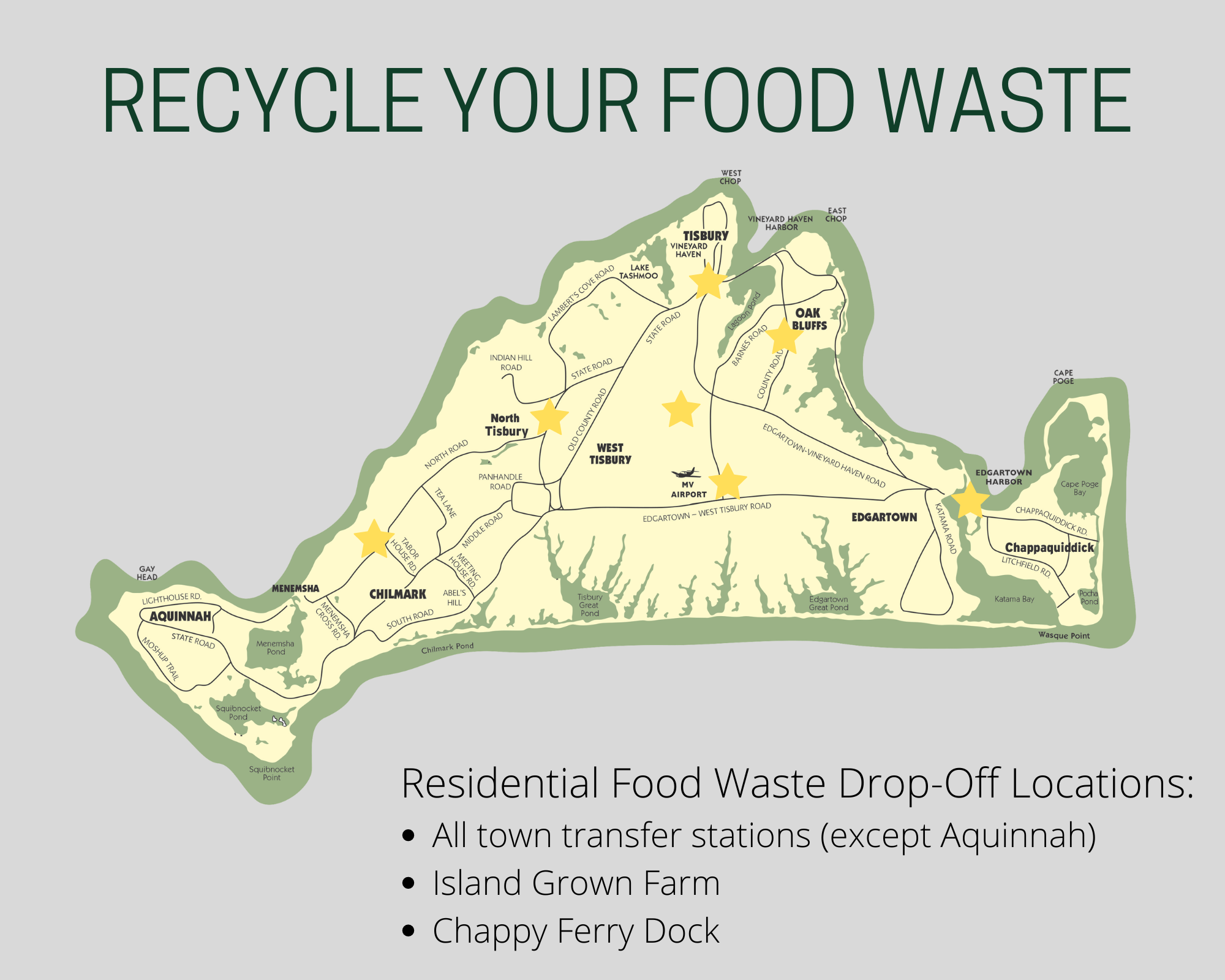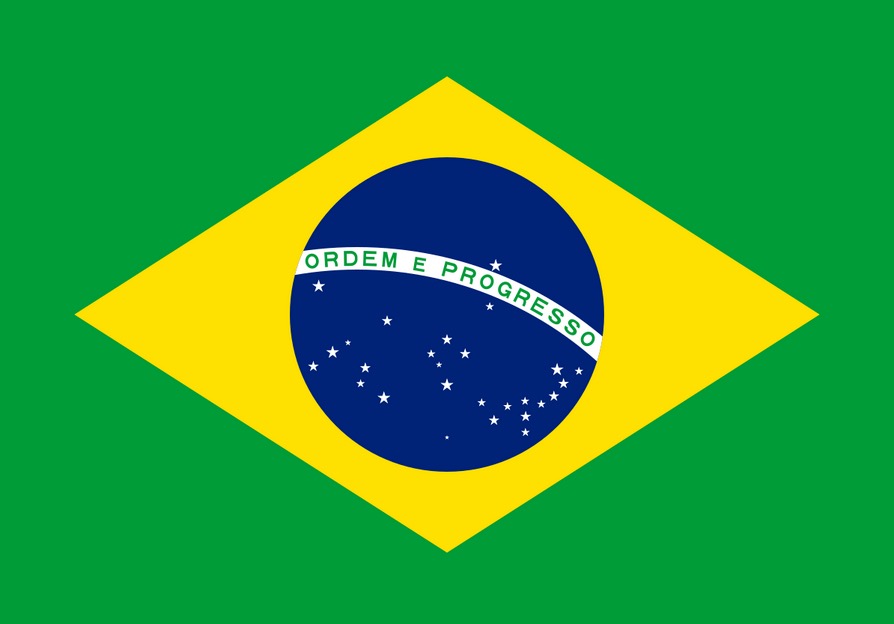
Composting
Every year, 38% of all food grown in the U.S. goes uneaten.
Currently on the Vineyard, almost all food waste is mixed with trash and sent off island to either an incineration plant or a landfill. According to the 2024 Martha’s Vineyard Solid Waste Report prepared by the Martha’s Vineyard Commission, approximately 1.7 million pounds of food waste is exported from the island each year, with serious consequences for environmental and human health.
IGI works to transform food waste in a number of ways, from rescuing food from island farms, gardens and grocery stores to donate to food access programs to working to advance island food waste processing and composting initiatives.
Rather than being treated as trash, IGI sees food waste as a valuable resource that should be kept on island and turned into amendments and compost to enrich island soils. Since 2016, the MV Organics Recovery Committee, a project of the Martha’s Vineyard Vision Fellowship, has partnered with IGI to explore the viability of food waste collection and on-island composting of organic waste. IGI’s farm served as the pilot food waste processing location to prove that large-scale community composting is possible on our island, and successfully transformed over 3 million pounds of food waste into nutrient-rich compost between 2016 and 2024.
The Organics Recovery Committee, made up of local municipal authorities, solid waste experts, and other stakeholders, continues its work to secure permanent processing locations for commercial food waste. They are now advancing plans for permanent processing sites at municipal locations capable of handling 1,000+ tons of food waste annually.
In the meantime, IGI is working in partnership with the Vision Fellowship on near-term solutions for residential and school-based food waste collection and processing.
We are currently seeking funding to install EcoRich food waste recyclers at the Island schools and at transfer stations for residential food waste dropoff. These machines could divert 700,000 pounds of food waste annually from the waste stream, while providing a rich educational opportunity for students and creating a soil amendment to be used on Island gardens and fields. Learn more about these machines HERE.
You don’t have to wait for these new solutions to emerge to take action on reducing and composting food waste. Here are some ideas of actions you can take today:
We are proud of our wonderful farm team that has worked so hard for so many years to prove that food waste collection and composting is viable here on the island and can produce an incredible product that transforms soils. We are committed to continuing our work with community partners to implement permanent solutions for food waste processing--the kinds of systemic solutions the island needs--soon.
Please stay tuned here on our website and through the Organics Recovery Committee for updates.

 FREE FOOD WASTE DROP-OFF
FREE FOOD WASTE DROP-OFF MOBILE MARKET
MOBILE MARKET




